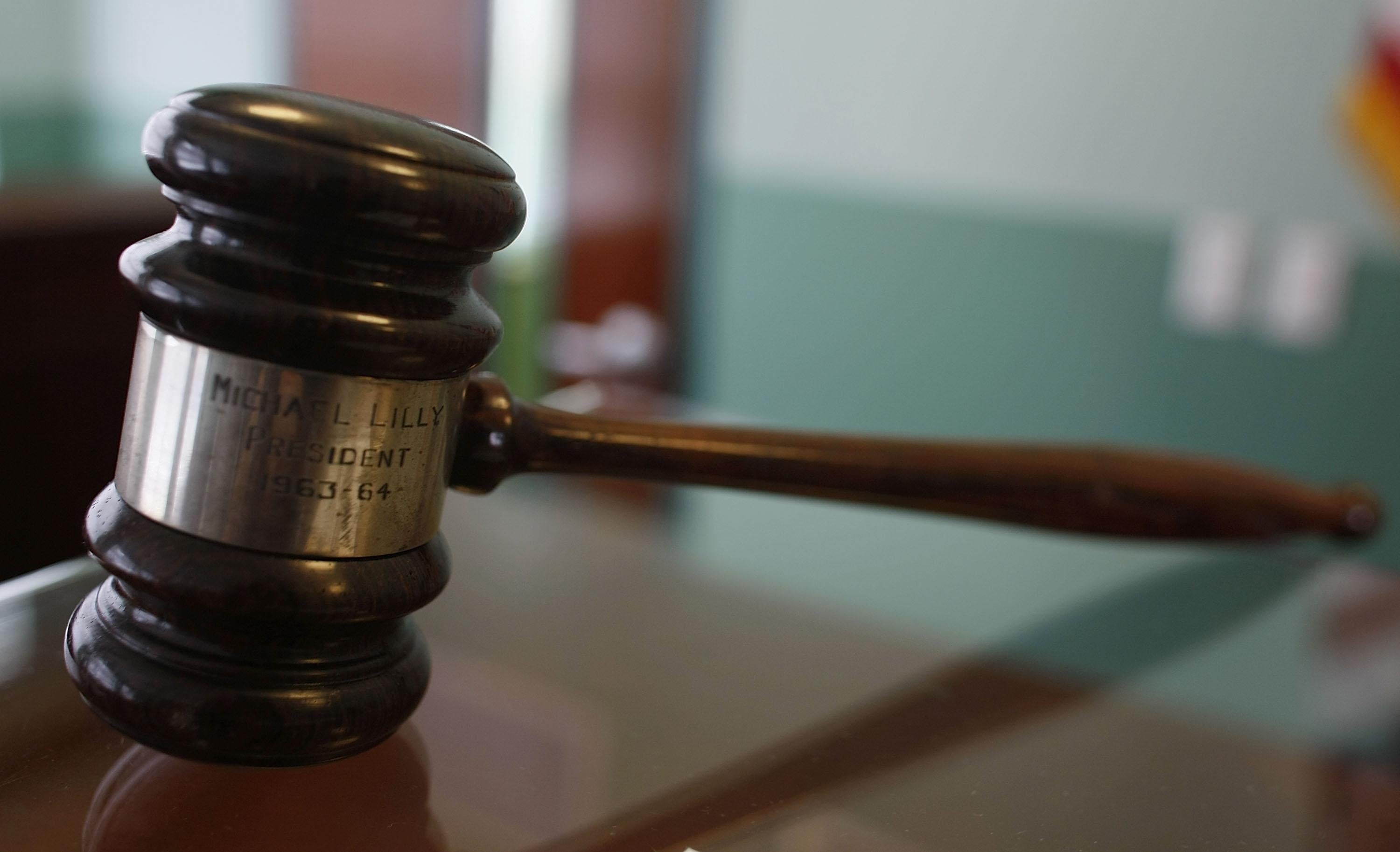Earlier this year, Baylor professor David Eagleman argued in his book Incognito that neuroscience was set to alter the legal system forever. He wrote, “Discoveries in neuroscience suggest a new way forward for law and order—one that will lead to a more cost-effective, humane, and flexible system than the one we have today. When modern brain science is laid out clearly, it is difficult to justify how our legal system can continue to function without taking what we’ve learned into account.” (Part of Incognito was also published in the Atlantic under the provocative headline “Your Brain on Trial.”)
But in a new report titled “Brainwaves and the Law,” the U.K.’s Royal Society argues that we are still a long way from neuroscience necessitating any drastic changes to the legal system. The report surveys the state of neuroscience research into free will, predisposition to criminality, and other biological influences on behavior. The authors warn strongly that while two groups—say, psychopaths and non-psychopaths—may as a whole display differing characteristics on fMRI scans, that does not necessarily mean that an individual psychopath and an individual non-psychopath will be distinguishable based on their scans.
Should neuroscience become able to pick out the criminally inclined, or those who have less ability to control their impulses, the Royal Society does not foresee massive changes to the legal system: That said, neuroscience is unlikely to fundamentally alter key legal concepts such as responsibility, and it is likely to be effective only when used in conjunction with other disciplines such as behavioural genetics, psychology, behavioural sciences and sociology.”
Arizona State law professor Gary Marchant points out that one problem with using science to adjust the legal system is the different time frames that the two disciplines operate in:
Science has the luxury of no deadlines—it can afford to be conservative in accepting new approaches/findings because there is no harm in waiting to things can be confirmed, thus avoiding false positives. The problem for the legal system is that we have to make decisions now, are making them, often on flimsy or shaky evidence. So the question for a new technology in the legal system, in my view, is not whether the new science meets the standards of scientific acceptance, but whether it is more reliable than whatever s%$t we are using the legal system today.
Indeed, the Royal Society report’s recommendations include regular meetings to increase understanding between scientists and legal experts.
Read the Royal Society report (PDF).
